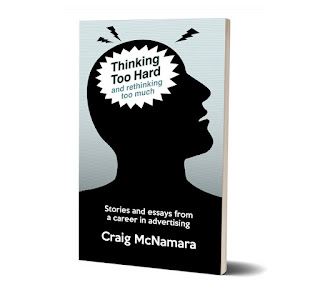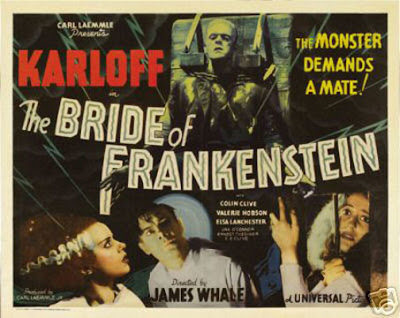Who is Mr. Thomson and why can't he keep his hands to himself?

An oddly intriguing 1960s-era campaign I stumbled across recently. Let’s handle this part right up front: Obviously, seen through modern eyes, it’s sexist as all get-out – but if you just want to reinforce your disgust at the ads, there are other web sites out there that will indulge you. Here, I’m more interested in examining these ads as an ad campaign – what made them attention-getting, recognizable, and endlessly reproducible, as well as how they channeled the zeitgeist (for better and worse). So who is this Mr. Thomson with the audacity to feature himself as a handsy designer of women’s apparel? The internet is surprisingly barren when it comes to The Thomson Company , the textile manufacturer behind the ads, the brand, and the exclamation – but digging deep, here’s what I’ve been able to find out and suss out. Though he was the public face (so to speak) of the company, our Mr. Thomson was, in fact, an advertising creation, as fictitious ...






